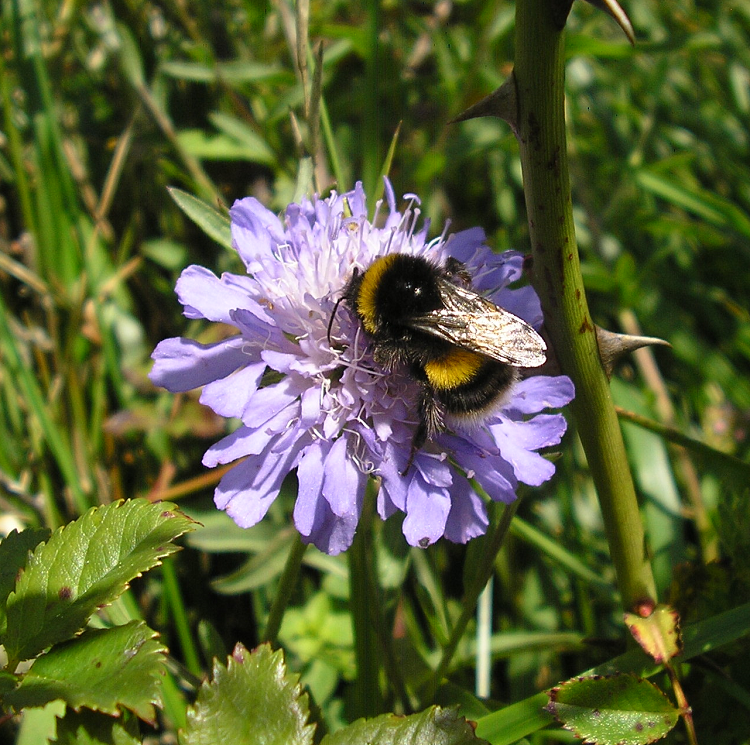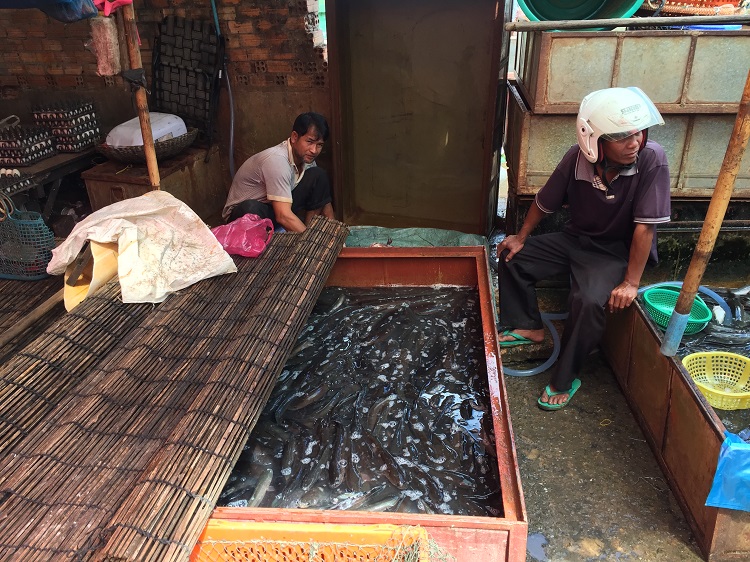
It’s almost the end of the year but at NRI we have new projects starting, with several more in the pipeline – to be announced early in 2017. Here we outline a couple of our new projects:
Strawberry pollination by bumblebees
NRI’s Dr Sarah Arnold and Professor Phil Stevenson of NRI and the Royal Botanic Gardens, Kew, are leading a project which aims to improve bees’ pollination of strawberries for better quality produce. The project, entitled ‘Innovation for improved strawberry pollination by commercial bumblebees using caffeine’, is funded by the Biotechnology and Biological Sciences Research Council, through a BBSRC-Industrial Partnership Award (BBSRC-IPA). NRI is collaborating with UK horticultural research organisation, NIAB-EMR, UK berry-growing cooperative, Berry Gardens, and the bumblebee producer Biobest on this project.
Sarah Arnold describes the project in further detail:
“Soft fruit production is worth over £360m per year to the UK economy and depends heavily on pollination by commercial bumblebee colonies. Suboptimal performance of these colonies and under-pollination is often a problem, reducing fruit quality and value; novel means to improve bumblebee foraging performance will benefit growers and the UK economy. Our grower-supported BBSRC Industrial Partnership Award will develop an innovative technology to improve pollination of soft fruit by training commercial bees to show greater focus on the target crop. Recent research has shown that caffeine added to sugar solutions consumed during or prior to training can improve activity, motivation, learning and memory of odours in bees. The aim of this project is to use laboratory and on-farm trials to evaluate the potential of an innovative priming system, using caffeine to improve bees' memory and focus on strawberry floral odours, resulting in higher pollination efficacy and better fruit quality. Essentially we will train commercial bees to deliver more effective and efficient pollination service to strawberries to improve product quality and reduce losses.”
 Value Chains Analysis for Development
Value Chains Analysis for Development
The AGRINATURA EEIG, a consortium of European agricultural research and education institutions, has been awarded €8 million from the EC to undertake ground-breaking research on value chain analysis and its use in advising investment and policy decisions. Over the next three years, AGRINATURA will undertake at least 30 value chain studies throughout Africa, Asia and Latin America. This will form the basis of research into Value Chain Analysis methodology and use. The programme, called Value Chains Analysis for Development, or VCA4D, will involve the 28 members of the AGRINATURA consortium, of which NRI is a leading member. NRI is playing a key role in overall operational and financial management, with NRI’s Commercial Director, John Linton, leading on behalf of NRI. NRI has established and is staffing a Project Management Unit in Brussels on behalf of the AGRINATURA and is also taking an active role in undertaking the studies. The first of these studies is looking at aquaculture value chains in Cambodia, and NRI’s Director of Programmes, Adrienne Martin is a member of the 4-person team currently undertaking this study.
We look forward to sharing further details of these and other new NRI projects in the New Year.
Links: BBSRC | AGRINATURA

